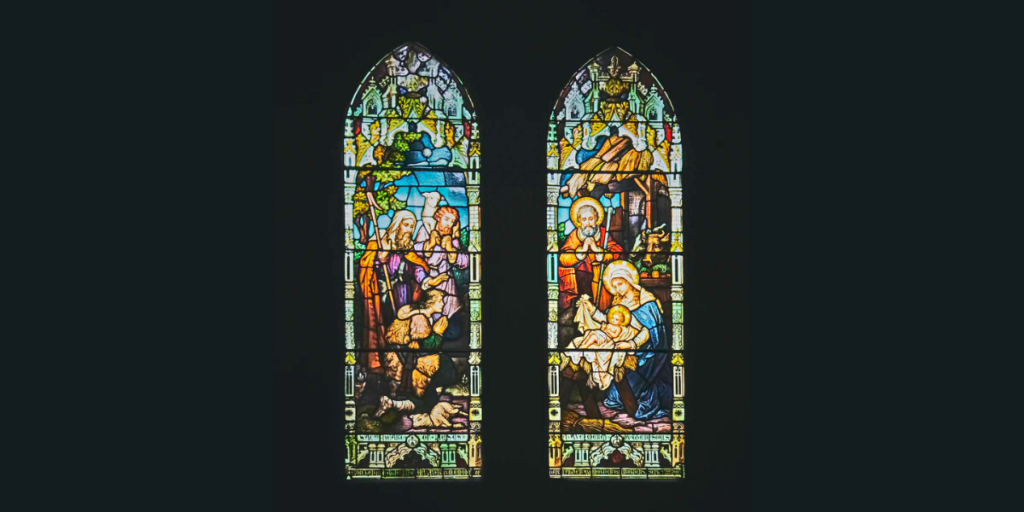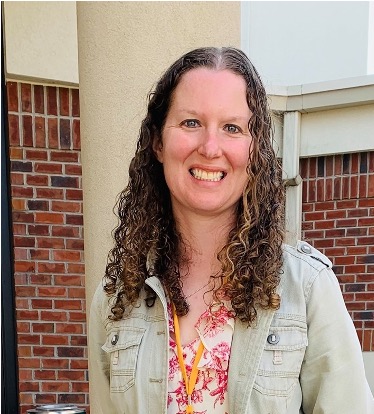Perhaps as you’ve begun participating in church-sponsored Christmas events, lighting the Advent wreath, baking cookies, and setting up the manger scene, it hit you. You’re old. Or at least older than you believe yourself to be. Maybe you noticed the topics of conversation have become more about hurting body parts and discounts, as well as reminiscing about the good-old-days gone by while someone else corrects you in their details.
There often comes a time in our lives when we begin to question not what we are going to do with our lives, but what have we already done with pretty much with a lot of our life. This especially goes for us as ministry leaders who are not quite new any more and have miles behind us. What have we been working for? Hoping for? Waiting for?
Thinking about those things, we may experience some deep felt regrets and nostalgia. We may see gaps and graces and long for the days that seemed the “best,” from which everything else seemed to go downhill. We may see the times in the past year or few years we have scratched our head and not known what to do, the insecurity of the moment knocking on the door of our heart as an unwelcome guest. But the true question to ask, in what was good and what was ugly, is “how does the life we have lived equip us to recognize what is true now?”
When the parents brought in the child Jesus to do for him what the custom of the Law required, Simeon took him in his arms and praised God, saying: “Sovereign Lord, as you have promised, you may now dismiss your servant in peace. For my eyes have seen your salvation, which you have prepared in the sight of all nations: a light for revelation to the Gentiles, and the glory of your people Israel.”
Luke 2: 27-32
Simeon had been waiting for some sign of impending salvation. For decades he had celebrated and remembered the “good old days” of his people, and upon God’s delay he might have stopped there. But instead he held onto the belief that those days framed what was ahead– the best days were yet to come.
Like Moses who had worked his entire adult life to bring the people to a promised land he would see but never enter, Simeon prayed his entire adult life that his people might see evidence of Israel’s – and all the world’s – salvation. This “salvation,” as Isaiah and Jesus defined it, echoed good news to the poor, freedom for those imprisoned, sight for the blind, hope for those who are oppressed, life beyond life. As he held the baby Jesus in his arms, Simeon caught a glimpse of God’s promise coming to fruition, a holy shimmer and glimmer of light and hope provided by this child that showed the glory that would come—not just for him, but for generations ahead. This Advent revealed that things had changed, things were changing, but God had not forgotten.
So often we become discouraged and disappointed, preferring to sink our feet and direct our eyes to the moments of the past, which may or may not be as good as we picture them. But hope sees something different. Like Simeon, we can choose to see with the light the past has provided. We can step forward. And we can share the joy that darkness never actually wins.
What if the best is yet to come—but maybe in a different way than you once thought?


